From appointing a Special Operations Manager to tackle pet hoarding, launching free pet health screenings, to advocating for pet safety in high-rise buildings, the Society for the Prevention of Cruelty to Animals (SPCA) is stepping up its efforts to ensure the well-being of animals across the community. Discover the impactful ways they’re making a difference and how you can contribute to their mission, even without adopting a pet.
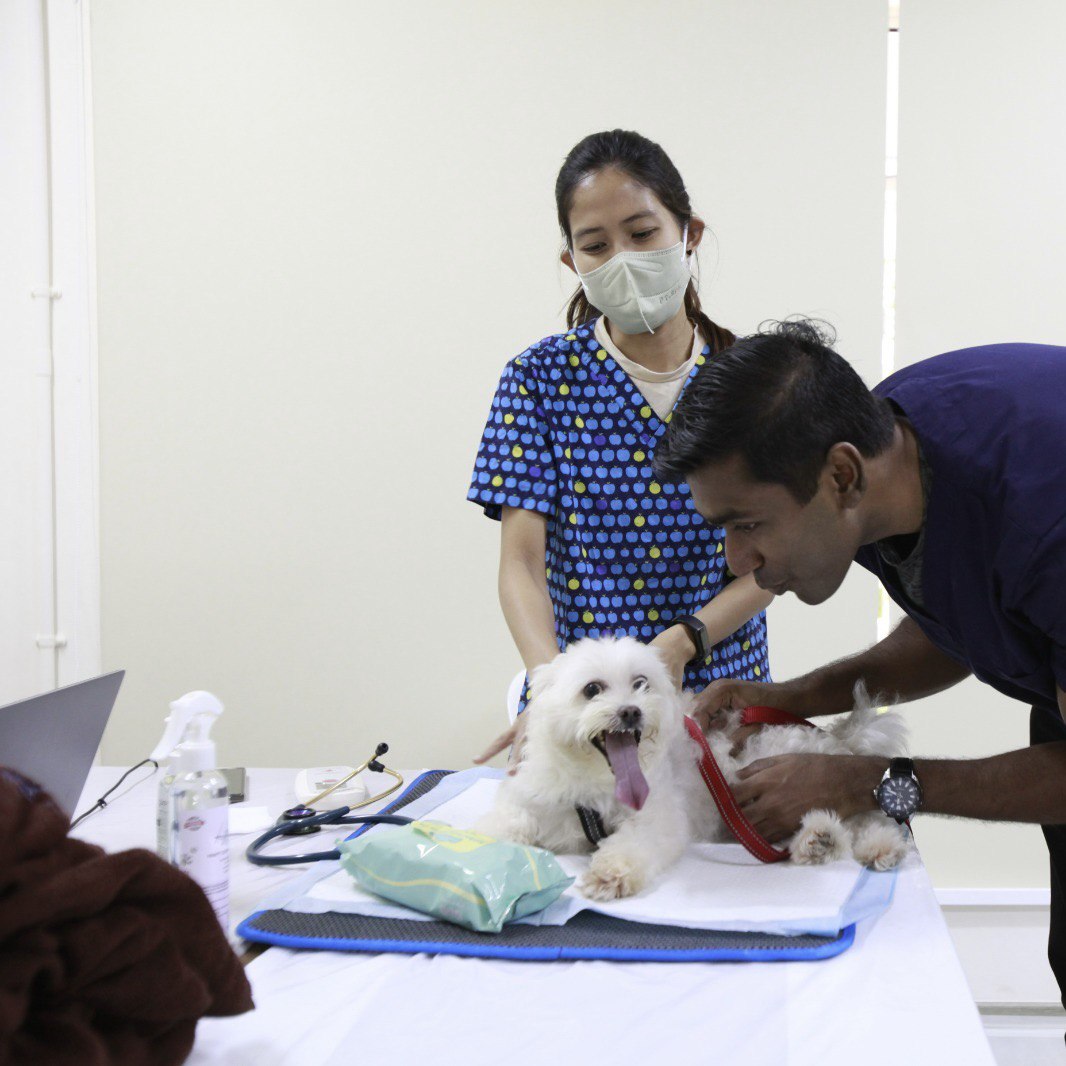
The SPCA is known for looking after abandoned animals, stopping animal cruelty, and helping people learn how to care for their pets. What new initiatives has the centre undertaken recently?
The SPCA (Society for the Prevention of Cruelty to Animals) plays an important role in raising awareness and educating the public about responsible pet ownership. We are committed to preventing animal abandonment and rescuing animals in need through our various efforts. We investigate situations of neglect and cruelty, providing a safe haven for abandoned pets and advocating for their welfare.
In the past year, we have embarked on new initiatives to further support our mission and tackle the rising cases of abandonment that we have been witnessing. One significant development has been the appointment of a senior officer as a Special Operations Manager. This role focuses on addressing challenging cases such as pet hoarding and providing assistance to low-income pet owners with sensitivity and expertise. By offering support and guidance to pet owners, we aim to ensure the well-being of the animals involved and facilitate successful rehoming, as well as deter possible abandonment. Recognising that hoarding often stems from underlying mental health issues, our Special Operations Manager helps to proactively identify and assist individuals by intervening early, to provide support to those in need.
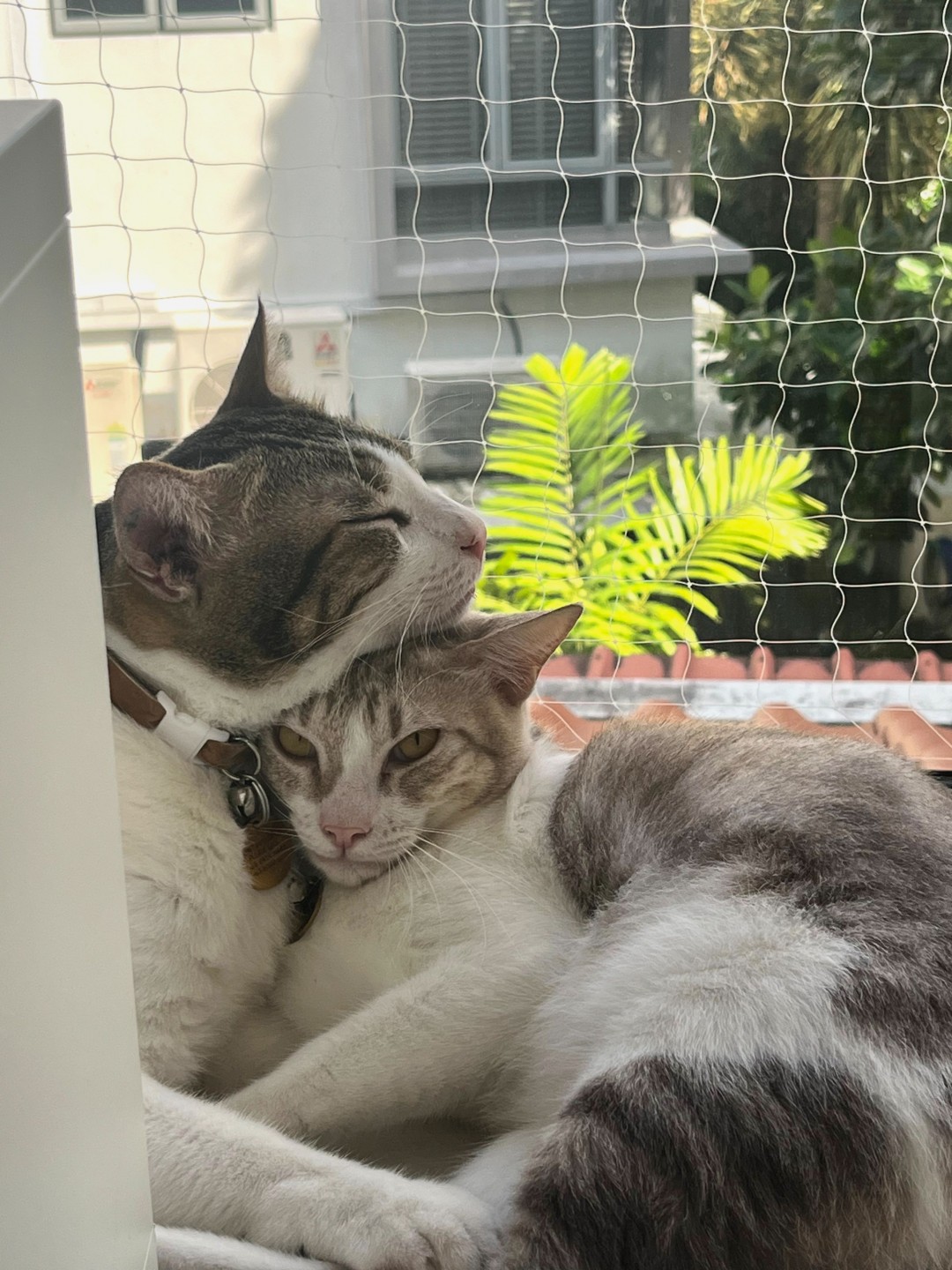
Beyond assisting in crises, we also hope to forestall such situations in the first place. We launched an island-wide free pet health screening initiative in May 2023 to provide veterinary care to low- income households. Through early detection and treatment of health issues, we aim to alleviate financial burdens on pet owners and prevent cases of abandonment due to the inability to afford medical care. These screenings also serve as an opportunity for us to engage with pet owners, offering essential knowledge on effective pet care and dispelling misconceptions related to pet ownership, such as the importance of sterilisation in preventing health issues and accidental breeding. The SPCA has helped 352 pets across four sessions thus far.
What are some of the most rewarding aspects of pet adoption for the adopter?
Four of the most rewarding aspects for pet adopters include:
Saving two lives – By adopting a pet, individuals not only save the life of their new furry companion but also create space for the SPCA to rescue and assist another animal in need, effectively saving two lives through their decision.

Mango and Clyde
By choosing to adopt, individuals take a stand against commercial breeding practices that often compromise animal welfare for profit. This decision supports the fight against the harmful effects of breeding animals primarily for their appearance, which can lead to serious health issues such as tracheal collapse and breathing difficulties, especially in miniature and teacup dogs. Adoption not only advocates for more ethical treatment of animals but also reduces demand for commercially bred pets, contributing to a decrease in the prevalence of genetic defects and health problems perpetuated by these practices.
Unparalleled love and companionship. Adopted pets often form incredibly strong bonds with their owners. Many adopters express that their rescued pets are even more affectionate and grateful for the opportunity to be part of a loving family after experiencing hardships such as life on the streets or in shelters.
Growing up (or old) together. We are always heartened when people come to the SPCA with the express intent of adopting a senior pet. These adopters find joy in seeing their pets through their sunset years. For animals who previously had smaller appetites in the shelter due to stress, adopters are always happy to report that they go on to eat well and gain healthy weight. Finally, when people adopt a bonded pair or two siblings, they take comfort in knowing that they have preserved a precious relationship.
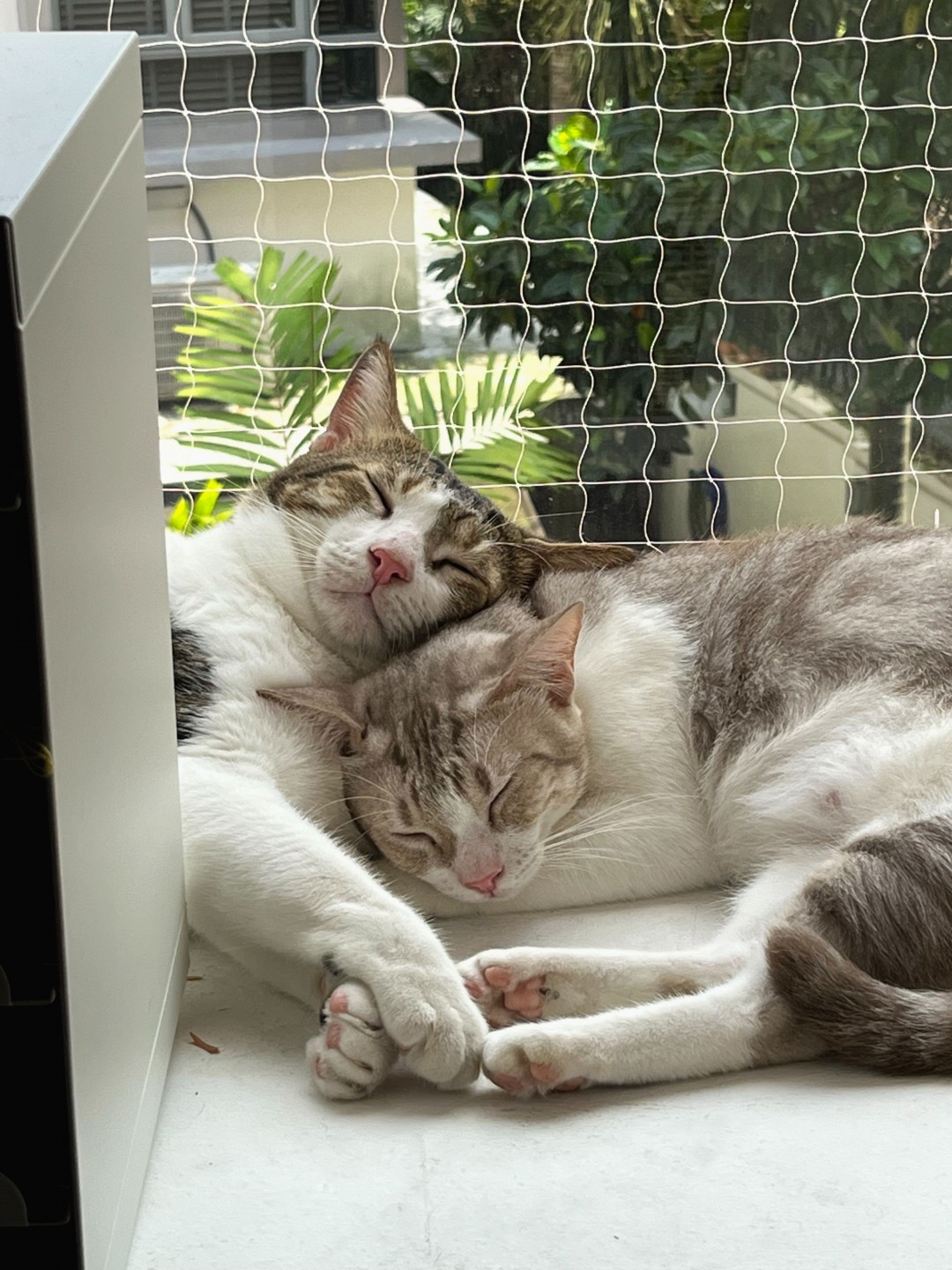
Mango and Clyde
Can you share a heartwarming story about a pet adoption that took place at SPCA?
Two heartwarming adoption stories from the SPCA include Mango & Clyde’s deep bond, highlighted by their constant companionship and mutual affection, and Panko’s touching journey, where despite his medical condition, his adopters remained committed, illustrating the profound connections and unwavering love that define pet adoption. These stories not only celebrate the joy pets bring into homes but also inspire potential adopters with the resilience and dedication involved in welcoming a pet into their lives.
Read Mango and Clyde’s story here.
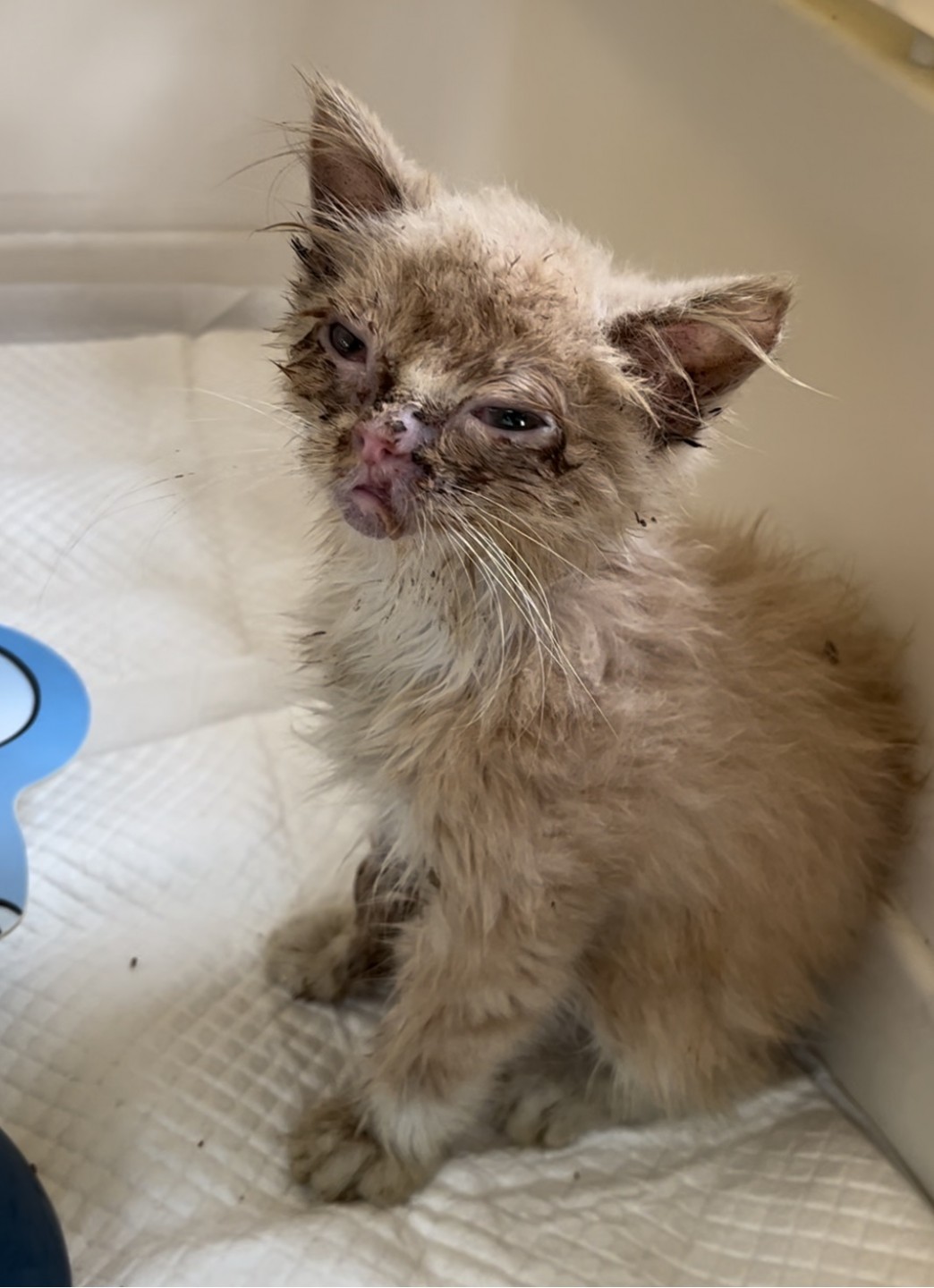
Panko
What are some common misconceptions about pet ownership that you encounter?
Some of the common misconceptions in pet care include the belief that pets are easier and cheaper to care for than children, overlooking their potential for costly medical needs; the idea that small animals like rabbits and hamsters are low-maintenance starter pets, ignoring their specific care requirements; the notion that only dogs with behavioural issues need professional training, rather than all dogs benefiting from expert, force-free training; and the misconception that keeping cats strictly indoors is cruel, whereas it actually protects them from numerous outdoor hazards.
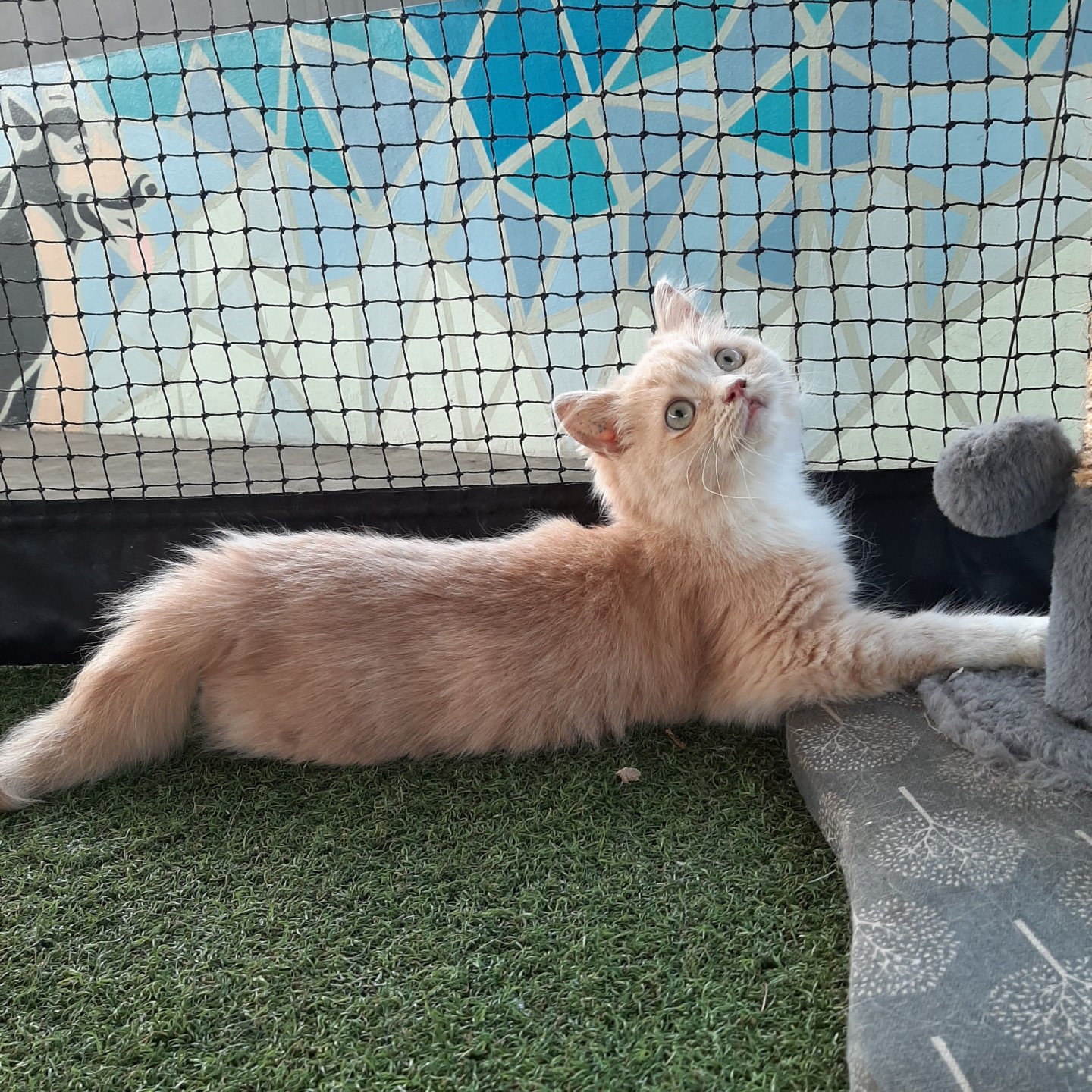
Panko
Could you explain the importance of making homes safe for pets, particularly for cats in high-rise buildings? How does your centre advise on or provide solutions for pet- proofing homes, such as meshing windows, to prevent accidents like falls?
Making homes safe for pets, especially in high-rise buildings, is crucial to prevent accidents like falls, which can lead to severe injuries or death. This is particularly important for cats, who are at risk of Feline High Rise Syndrome (HRS), where they suffer from injuries due to falling from height. The injuries can include the classic HRS triad of bleeding from the nose and mouth, cleft palate, and pneumothorax, as well as other severe injuries like chest and respiratory issues, head and facial injuries, limb fractures, and internal bleeding. Contrary to popular belief, cats do not always land on their feet safely. Falling from lower heights (e.g. the second floor) can be just as dangerous since cats will not have time to reposition their body for a safe landing before hitting the ground.
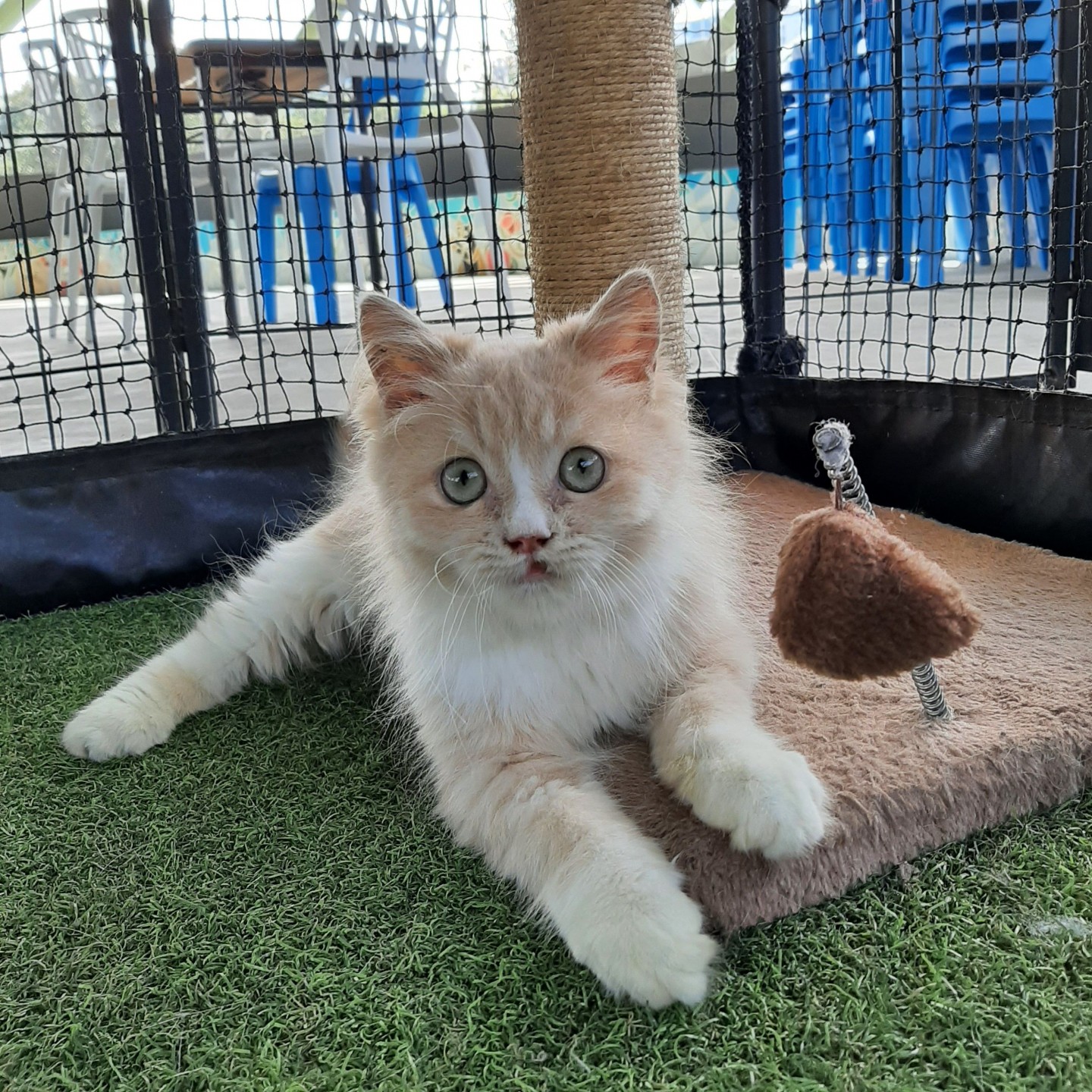
Panko
At the SPCA, we advise pet owners to mesh their windows, doors, and balconies to prevent such accidents. The mesh should be secure enough to withstand an animal running into it at full force. We strongly advocate against the use of magnetic mesh, as it is not secure enough to prevent accidents. By taking these precautions, pet guardians can significantly reduce the risk of their pets falling victim to HRS. We also recommend community feeders to avoid feeding animals above the ground floor to prevent them from exploring higher levels, which could increase their risk of falling. Everyone in the community can contribute to keeping animals safe by meshing their homes and spreading awareness about the dangers of not doing so.
See tips on secure and affordable meshing that does not compromise on aesthetics here.
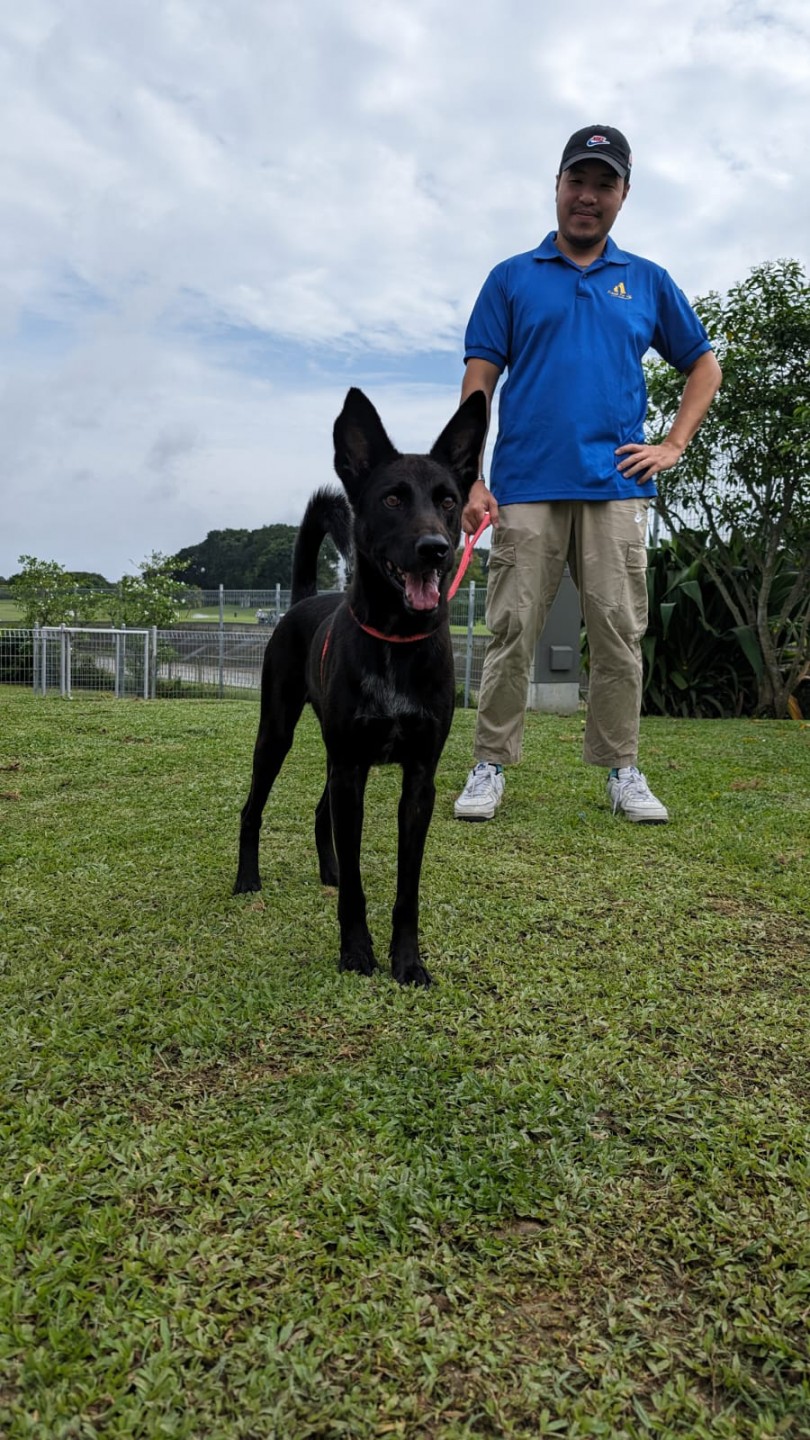
What are some ways people can support pet adoption and animal welfare, even if they aren’t ready to adopt a pet themselves? How can the community get involved or help support your mission and the pets in your care?
For those not ready to adopt, supporting animal welfare is still possible through various means such as volunteering or fostering with the SPCA, donating, fundraising, raising awareness on critical issues like spotting and promptly reporting cases of abuse or neglect to the SPCA’s 24/7 hotline (6287 5355 ext. 9) or www.spca.org.sg/report. These all contribute to the collective effort to protect animals.
Be vigilant and report cases of animal abuse/neglect promptly. While the SPCA does not have enforcement powers, we will collate all evidence and follow up closely with the authorities.
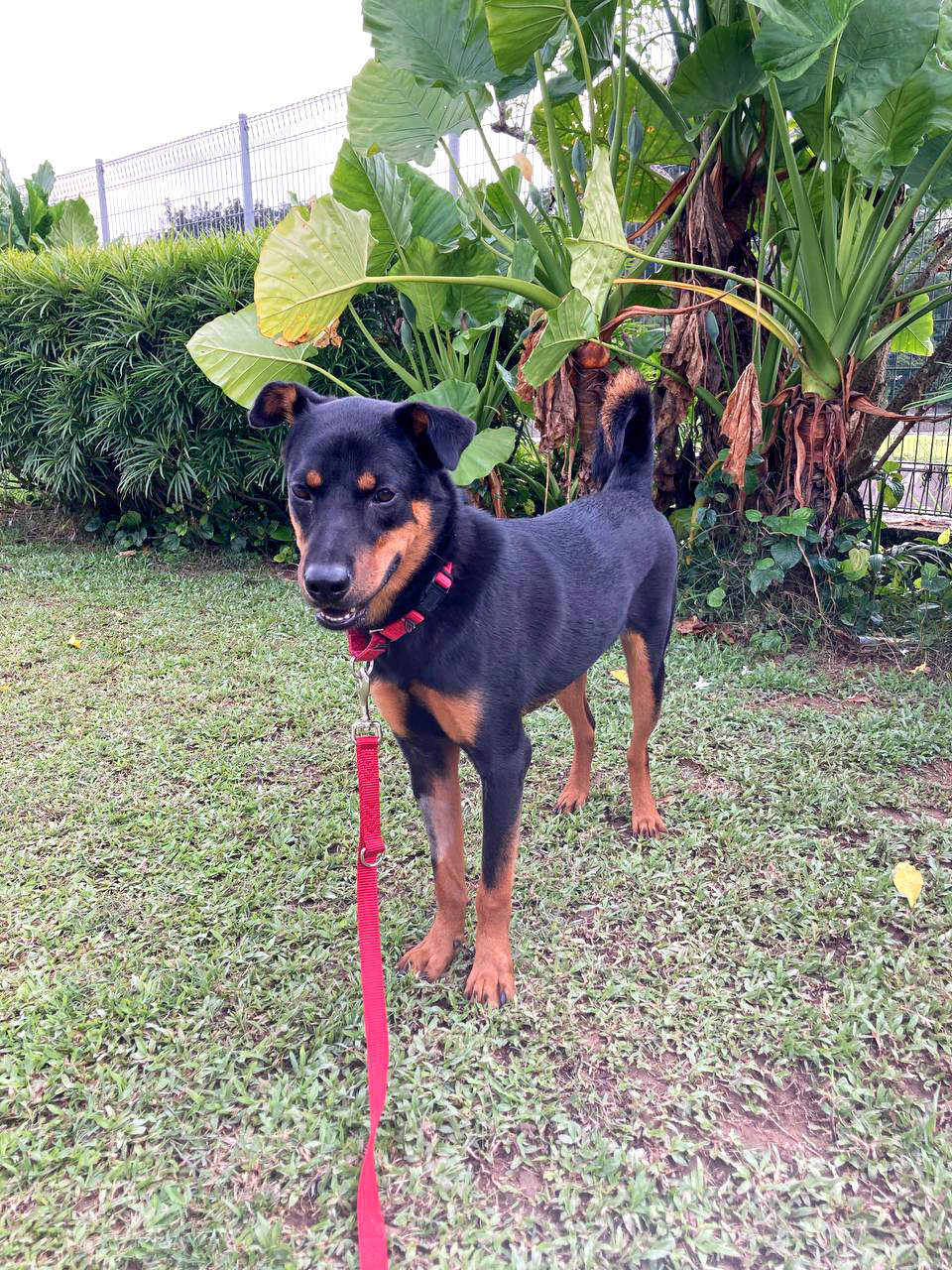
What are some goals or projects SPCA is looking forward to in the near future?
We have identified certain key animal welfare issues and are working to launch campaigns to raise awareness and nudge behaviours. Two of these issues are pet abandonment and high-rise syndrome. While high-rise syndrome affects mostly cats, other animals are not exempt (we recently had a case where a dog was perched precariously on the balcony of an HDB unit).
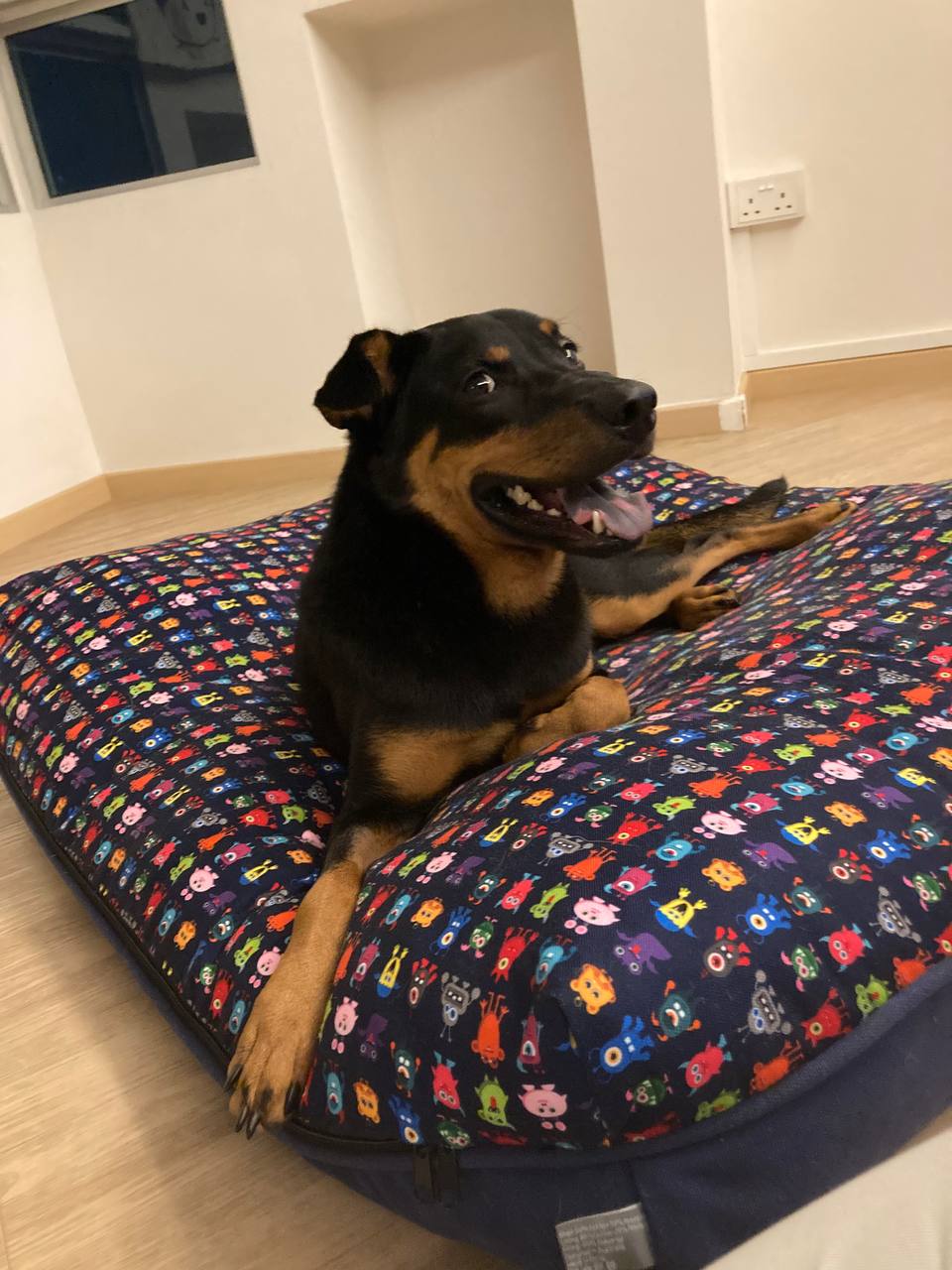
In the next two years, we also hope to ensure that community veterinary services offered by our clinic (Singapore’s only not-for-profit veterinary clinic) are made more accessible to animals in need by launching a mobile service. This has the potential to reshape our local animal welfare landscape by making medical care accessible to low-income caregivers who are unable to afford private vet costs or travel to the SPCA. But for this to become a reality, we require co-funders and support which we are still in the process of gathering.



